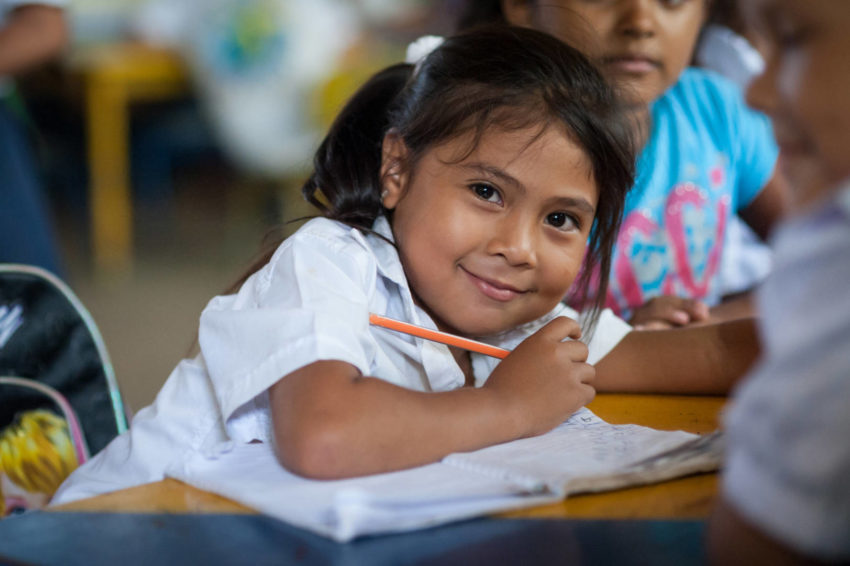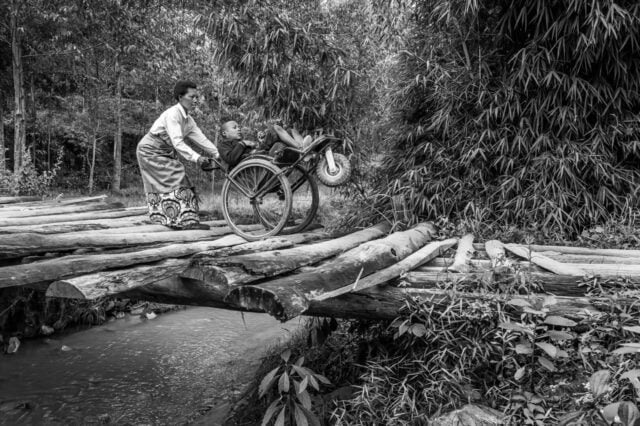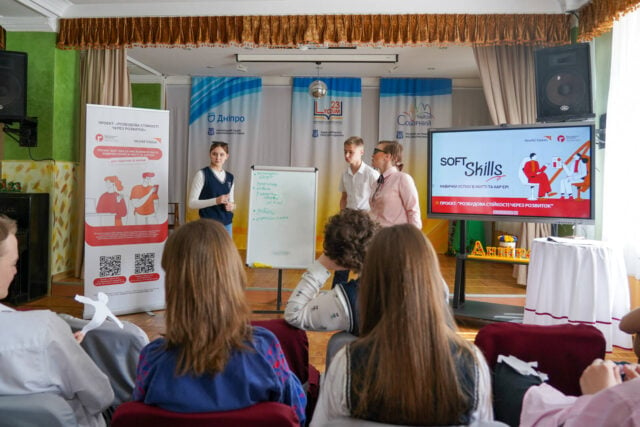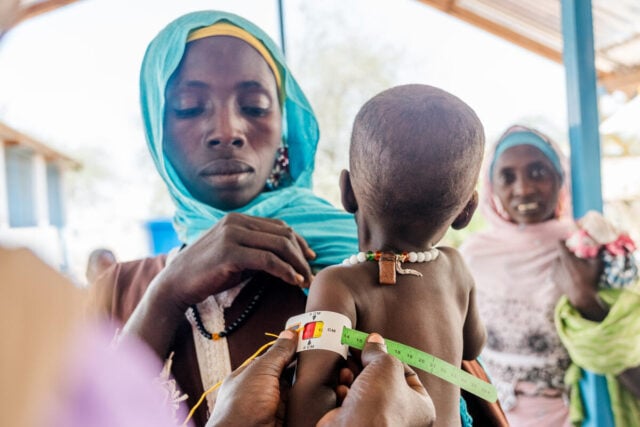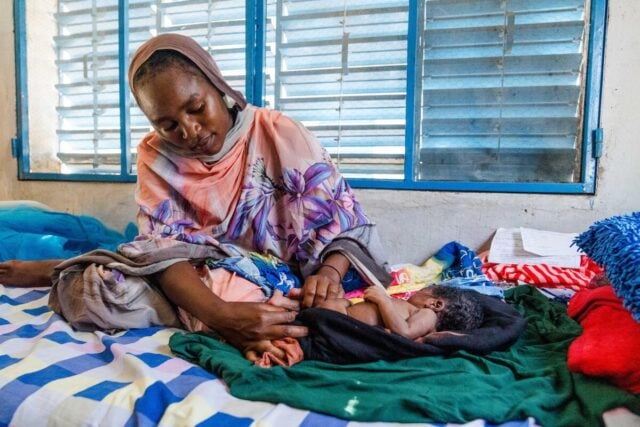Five-year-old Dayana Marcado Narvaez thrives at her preschool in Cocibolca, Nicaragua. Standing on the sidelines cheering her on is her father — her biggest fan.
Dayana’s teacher glows as she tells Miguel what a great student his daughter is. “I feel really proud of her,” says Miguel. As a sponsored child, Dayana is on an educational path that wasn’t open to him in his childhood.
In Nicaragua, as in many countries, lack of education isn’t just a children’s issue. Children who don’t attend school grow up to be adults without basic education, which impacts their ability to hold a job or provide for their families.
Miguel knows the frustration of struggling to afford food and other basic necessities for his wife, Maria, and their children. He was forced to drop out of school in third grade to work. His parents “were not interested in having education for me,” he says, because they needed the money he earned working in the fields.
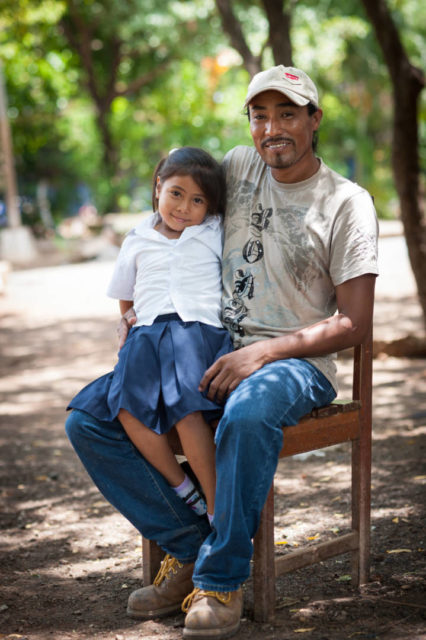
Miguel’s lack of formal education has had lasting effects — for him and his family. Though education laws in Nicaragua have changed for the better, most employers now require proof of primary school completion.
Without this document, Miguel must make a living however he can. He works as a farm laborer, sells bread that his brother-in-law bakes, and, when times are especially tough, leaves his home and family for two or three months at a time to work on sugarcane plantations in neighboring Costa Rica.
But life will be different for Dayana and her brother, Jimmy. Dayana has been sponsored through World Vision for three years and has received school supplies and encouragement in her studies. Her mother attends a World Vision-run nutrition workshop, ensuring that Dayana is healthy enough to stay in school.
Dayana’s brother, Jimmy, 17, will soon finish high school. “We’re expecting him to go to the university,” says Miguel, adding that Jimmy might study architecture.
Miguel and Maria expect big things from Dayana, too. “I really hope all I was not able to fulfill, that she can do it,” says Miguel. “That’s really important.” He has enough knowledge to help Dayana with her homework each night. “She doesn’t know all the numbers or vowels yet,” he says.
Miguel isn’t resigned to odd jobs and barely scraping by. He plans to take night classes toward his primary education certificate. At the end of the yearlong program, he’ll “get a diploma and at least find a new source of a job,” he says, such as steady work as a security guard.
As Dayana continues in school, supported by her sponsor, she, her father, and brother are setting a new family standard to embrace formal education — one that benefits them today and for generations to come.
Five solutions for children who can’t attend regular school
- India: Safe place for special children. In northwestern Delhi, World Vision’s disability center is a bright spot amid hardship for physically challenged children and their families. The center offers weekly classes for boys and girls with special needs, like 9-year-old Badal, a sponsored child. Disabled children are often stigmatized in Indian society, so a safe environment for Badal and his 11 classmates is necessary for learning. Through drawing, exercises, music, games, and alphabet lessons, they express themselves and gain new skills.
- School is in for Syrian children. Five years of conflict in Syria has interrupted schooling for many of the 2 million refugee children. Filling the education gap is a top priority for World Vision in neighboring countries. In Irbid, Jordan, remedial education classes help refugee children integrate into society and catch up on learning. Students also receive a daily meal — for some, their only reliable food. In Lebanon, World Vision runs an early childhood education program for Syrian children ages 3 to 5, teaching basics in preparation for formal school.
- Hope for Bangladesh’s young workers. On the busy, dangerous streets of Dhaka, Bangladesh’s capital, children dart between cars to sell flowers; others are out of sight, toiling in shops or private homes. For these children, World Vision’s night school centers are places of respite. More than 200 students attend classes at four schools. Some transition into regular schools, while others graduate to vocational schools.
- Tipping the gender scales in Somalia. In Somalia, families favor educating boys over girls. Women who never attended school can learn to read and write at World Vision’s Candle Light Development Center. There are also informal education classes and skills training for unschooled girls ages 7 to 14, providing painting, tailoring, electronics, mobile phone repair, and carpentry. Graduating students can start their own businesses or receive job referrals, ensuring employment and education for their own children.
- Rwanda’s school of success. Nyaruguru Vocational School provides classes in carpentry, electrical work, and plumbing, preparing youth from all over Rwanda to find work in these professions. Vedaste, 21, dropped out of school at 15 after his father died to support his mother and siblings. “I spent a year [working] in the tea factory,” he says. “Then a friend told me about the vocational training school.” Vedaste won a scholarship, graduated in December 2014 at the top of his class in carpentry, and now earns a good salary.
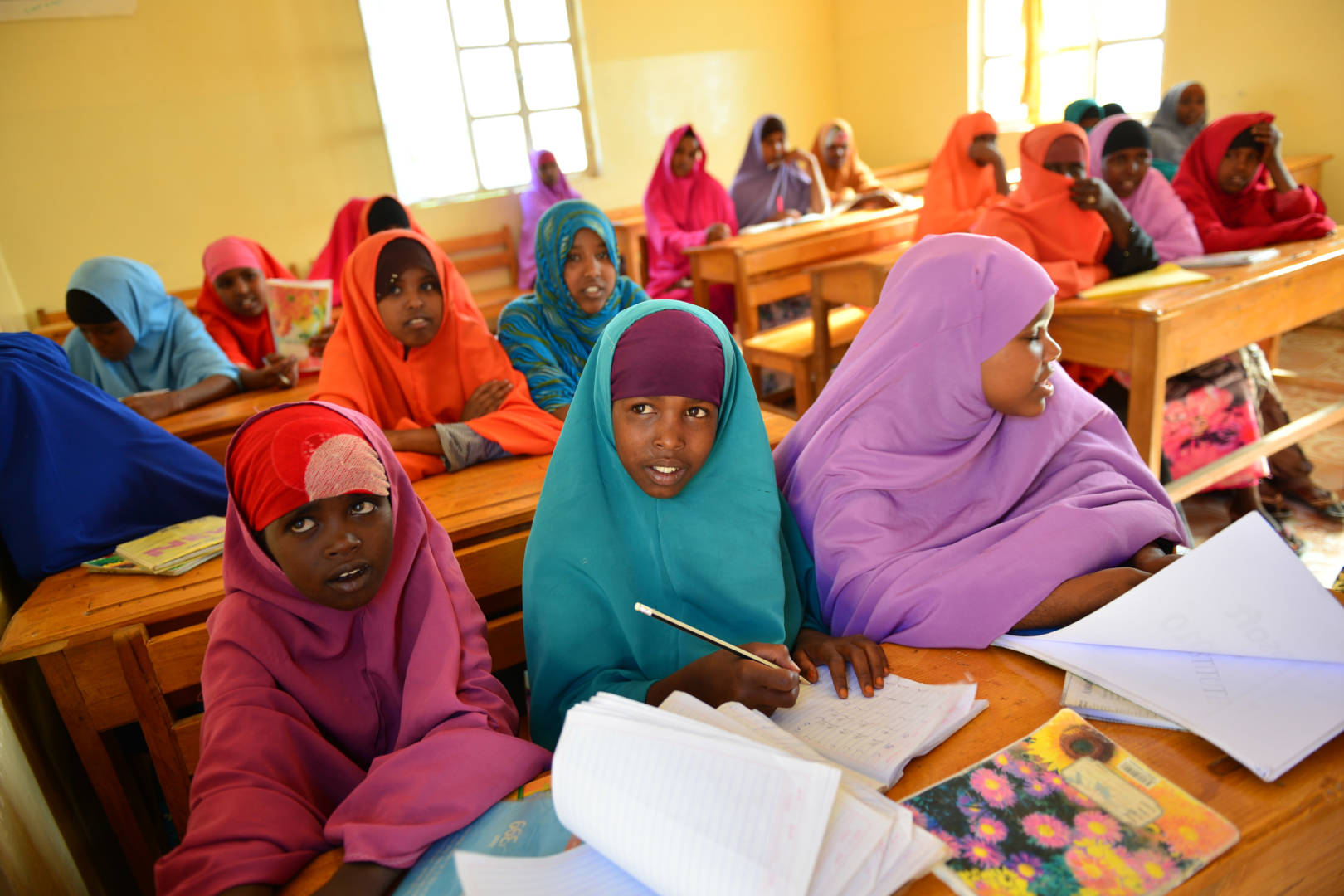
Eugene Lee and Elizabeth Hendley of World Vision’s staff in the U.S. contributed to this article.
